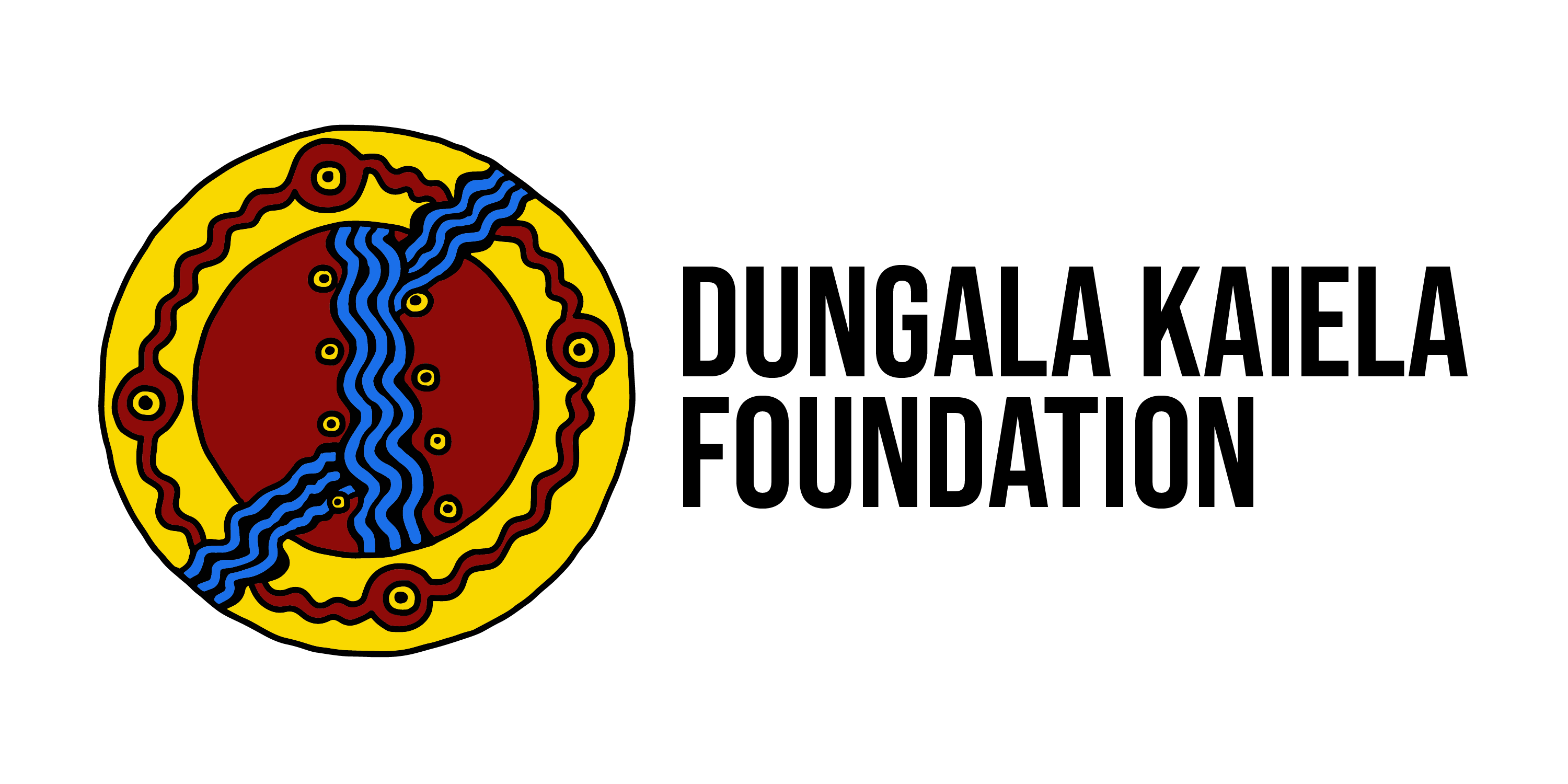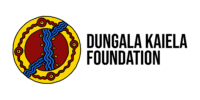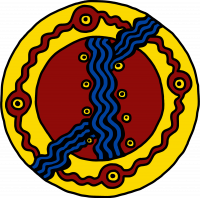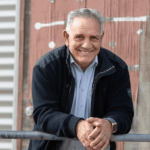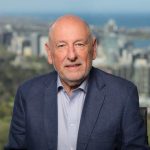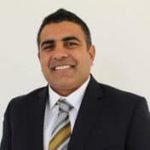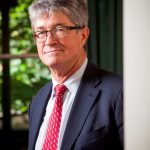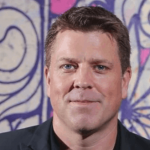NANYAK
Programs We Support
A meaningful set of initiatives focused on employment, education, health and well-being. Each of these programs incorporate cultural identity and affirmation.
The value of these initiatives was quantified by an academic study from La Trobe University that concluded $1 invested generates $5.45 return in social value.
Dungala Kaiela Writing Awards
Cultural identity
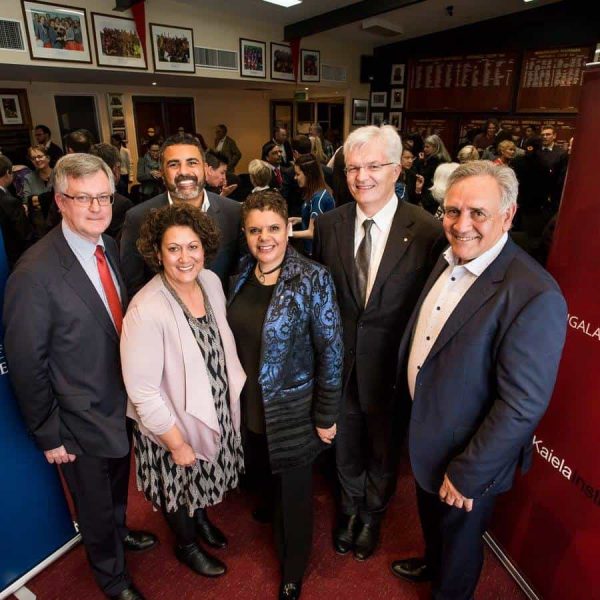
LOTJPA
Dungala Kaiela Oration
An annual oration jointly sponsored by the Kaiela Institute and the University of Melbourne, in partnership with the Rumbalara Football Netball Club. The aim of this annual event is to host visionary leaders to deliver the Oration that will help inspire those present to create a shared vision for the people of the region.
This is a major event on the calendar that attracts educators, civic leaders and sports people from the Dungala Kaiela region, Melbourne and beyond.
![FOTL project overview 2018 – Shepparton[2] FOTL project overview 2018 - Shepparton[2]](https://dkf.org.au/wp-content/uploads/elementor/thumbs/FOTL-project-overview-2018-Shepparton2-oq45a58p383wqeuenuht3uf6hsk1gr3808eznx32pc.jpg)
MINHETGUDA
Why Do We Exist
Historical decisions and an overwhelming introduced culture meant First Nations people in the Dungala Kaiela (Murray Goulburn) region were excluded from civic, financial and political decision-making. As a consequence we lived on the margins.
We exist to address this imbalance by supporting the dreams of First Nations people so they are no longer marginalised. We invest in leaders so they can create cultural, civic and economic value for Indigenous and non-Indigenous people.
YAPAMEYEPUKA
What We Do
With collaborative investment we will shift the narrative to a shared sense of future and a shared sense of nationhood for First Nations peoples. To move from a point of imbalance, it is not about them and us, but we.
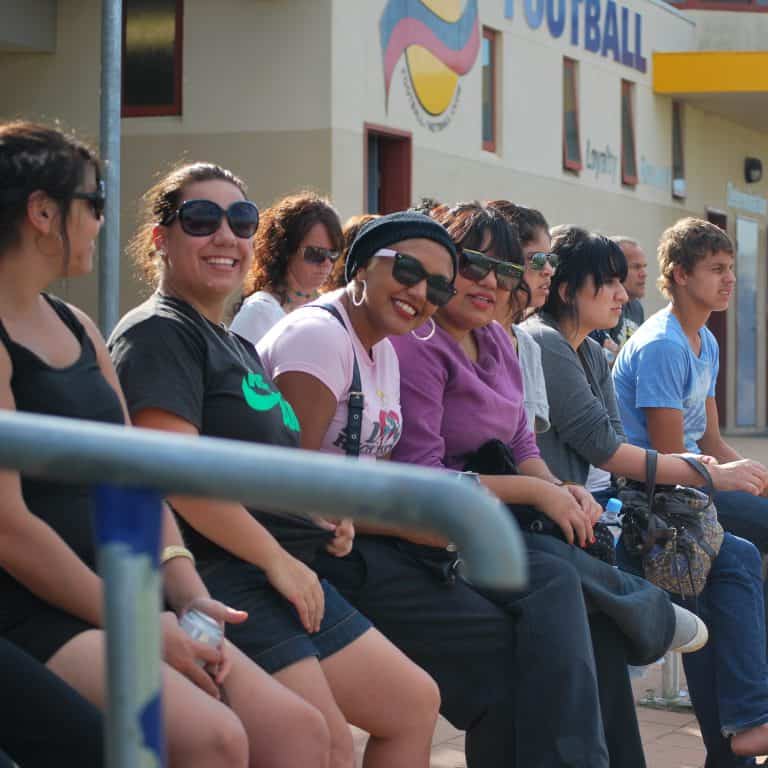
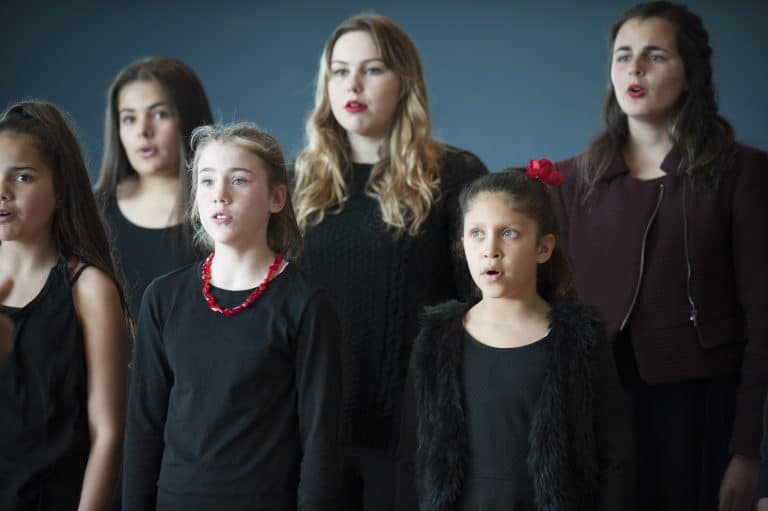
It is an innovative long-term whole-of-community change process to increase the prosperity and wellbeing of First Nations people in the Dungala Kaiela (Murray and Goulburn) region of northern Victoria. The intention is to improve and advance economic, social and cultural benefits for the whole region.
The DKF Endowment Fund
The Dungala Kaiela Foundation has established an endowment fund, that we call the Future Fund. Every dollar of the investment income is given to our partner organisation, Rumbalara Football Netball Club so it can continue its award winning social, educational and economic programs. These are the unique attributes of the Club that are beyond the Club’s sporting activities.
Rumbalara Football Netball Club is a critical and unique institution. It is the Nanyak (invincible spirit) of the community, strengthening First Nations people’s resilience whilst engaging with the broader community via sport. It also acts as a safe hub for the 1,200 members and their families.
The Future Fund will permanently underpin the key social, educational, and economic programs so that they can be sustained for generations to come.
The Fund is professionally managed by Morgan Stanley and is overseen by an Audit, Finance and Investment Committee.
The DKF has in place appropriate deeds and policies regarding the effective and safe management of its assets.
“Morgan Stanley is pleased and proud to be appointed the fund manager for the Dungala Kaiela Foundation’s Future Fund. This is another example of how we support Australia’s Indigenous people.”
NGANI
Who We Are
The Foundation was established in 2008 as a non-profit company limited by guarantee. An independent Board that has Indigenous and non-Indigenous members is responsible for its governance. It has been audited each year without any qualification.
It is registered with the Australian Charities and Not-for-Profit Commission and has been endorsed by the ATO as a DGR1.
BURRA
Our Board
BIYALA
Our Patrons
Biyala, Yorta Yorta for red gum tree, is the symbol we have chosen for the patrons of our appeal. The Dungala (Murray) river on the ancestral lands of the Yorta Yorta forms the largest continuous natural river red gum-forest in the world. Strong in their foundations and lasting through many generations, the river red gums provide stability to the river banks.
YANA-DITEPA
Our principles
Self-determination
Repositioning Value
Regional Ownership and Benefit
Prosperity
Accountability
ANGANYA
Our Partners and Supporters
We work with a range of partners by funding programs across the social, arts, education and employment sectors to increase the prosperity and well being of First Nations people to the benefit of the whole community in the Dungala Kaiela (Murray and Goulburn) region of northern Victoria.






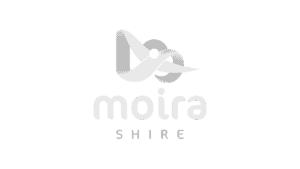
YAKAMA
DONATE TODAY
Making a gift to the Dungala Kaiela Foundation means you are supporting initiatives that will empower First Nations people in the Dungala Kaiela region to achieve prosperity.
Every donor is thanked and will receive a progress report each year.
YAMUTJ
Contact Us
We welcome questions and enjoy sharing our stories. Please call us on (03) 5822 4364 or complete the form below and we will reply as soon as possible.
